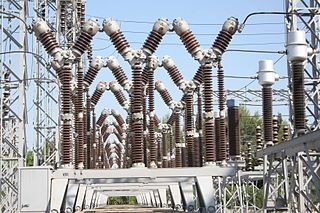Time To Rethink the Electrical Grid

It’s been interesting reading your blogs. I’ll say I’m for the environment and have taken some renewable energy classes to complement my technical background. Will probably even install solar on mine and a friend’s house. However, I get the feeling things might go to an extreme with many of the updated regulations coming out lately. The carbon tax is expected by some to totally shut down the coal power industry overnight. I think this could reduce baseload supply by a large enough percentage that there would be a large power deficit when demand is up. It seems America doesn’t see the effects of this coming. Many large manufacturing and process plants just don’t shut down and turn on in a millisecond. I just don’t think there is the ability to make up the difference in baseload power supply in a reasonable time period and it seems this could lead to huge negative consequences for the economy. I wish we could be just a bit more rational with the changeover to more renewables….. You think there might be more balanced approaches on the horizon? What do you think the consequences of a huge baseload power deficit will be on the economy?
Thanks for this, John. First, I think we’re a long way from a carbon tax (unfortunately), but (fortunately) we’re an even longer way from the instantaneous shut-down of the necessary sources of baseload power.
Having said that, there is no doubt that dispatchability, i.e., the ability of grid operators to turn off and on a certain source of power in real-time, is a huge concept on energy – one that will only become more important as time goes by. While there are tons of ever-changing ingredients to affect this calculus, at a high-level, we really need a totally new viewpoint of the energy industry from the ground up, as so many of the elements of our existing infrastructure no longer match the needs and wants of our civilization. Two most glaring examples include:
• Our power utilities (by our own design) are chartered to bring us the lowest cost, most reliable form of energy – regardless of the consequences in terms of our health and environment. That’s clearly inappropriate in today’s world of climate change, ocean acidification, loss of biodiversity, growing rates of lung disease, etc.
• Our grid was built to support the one-way flow of electrical power from a point of generation to a point of load, long before the concepts of distributed generation, smart grid, vehicle to grid, etc.
Hope this helps. Thanks again for your comments.
